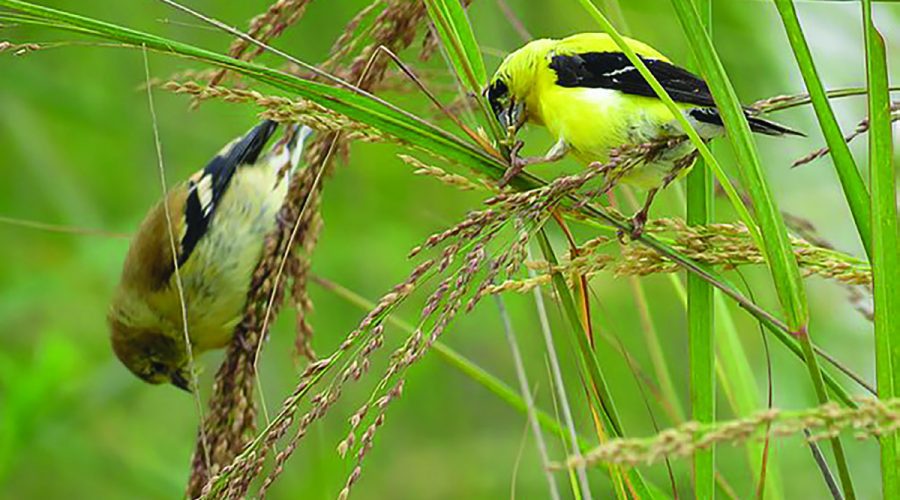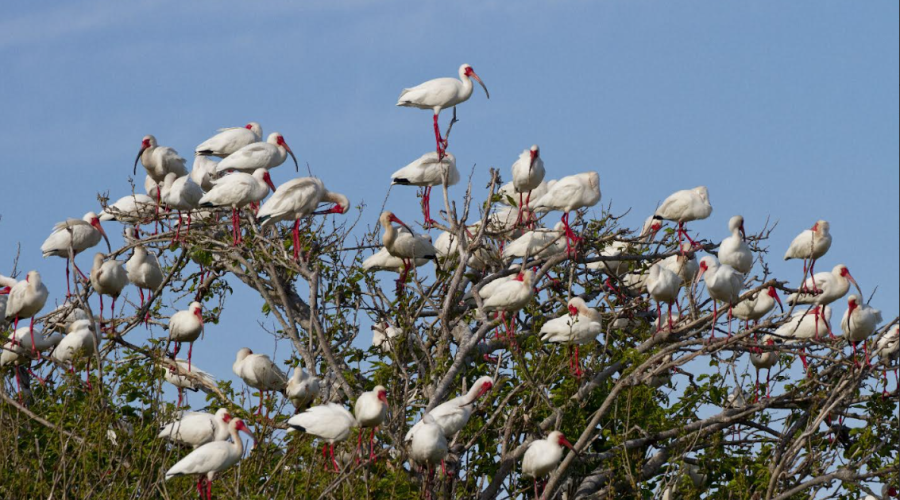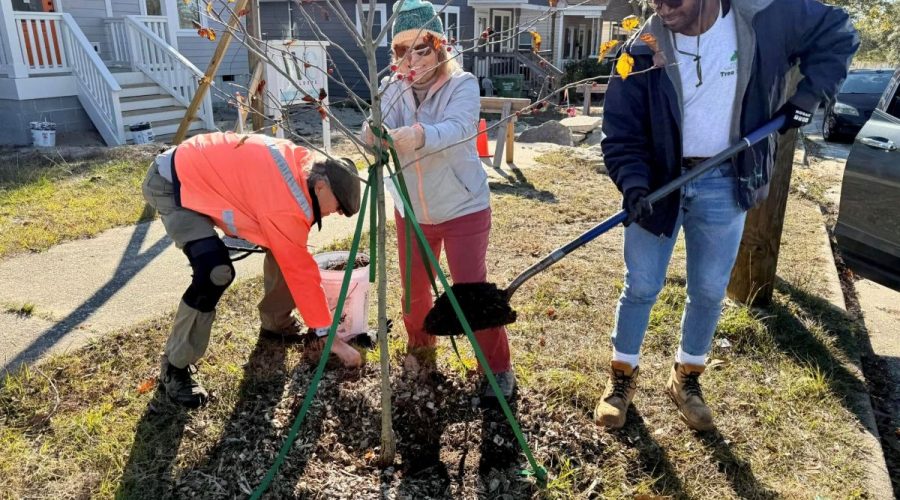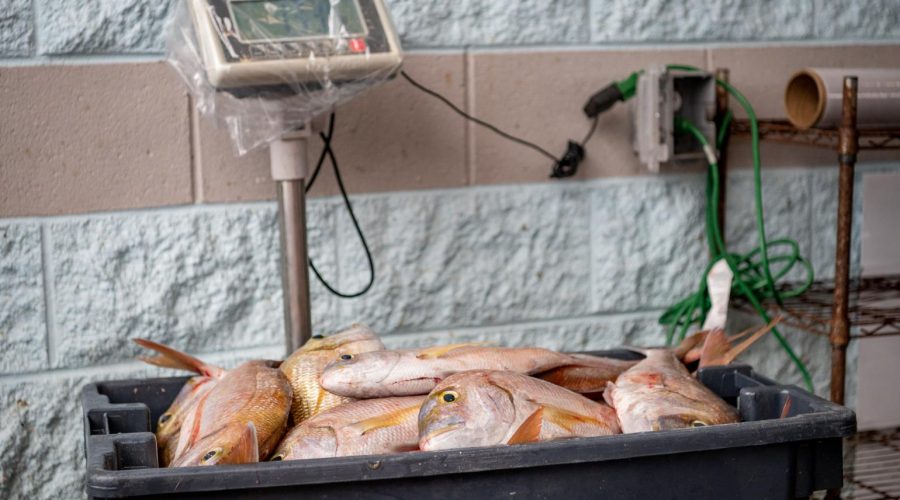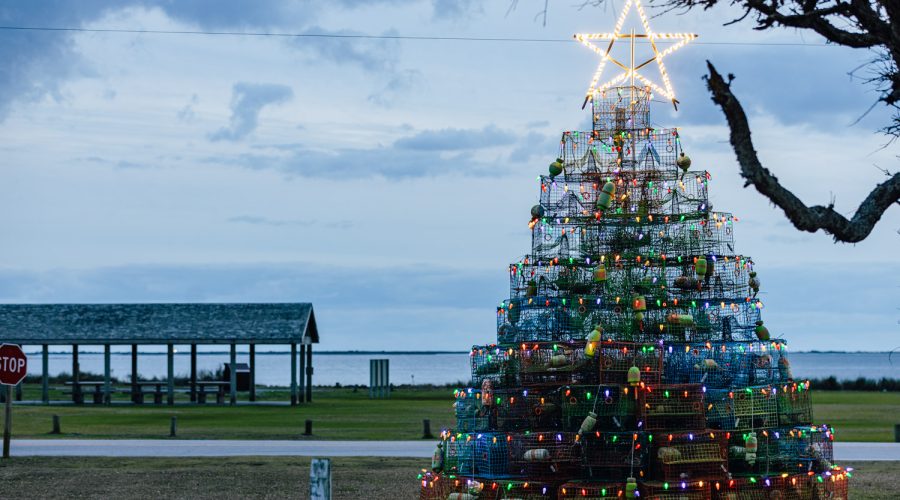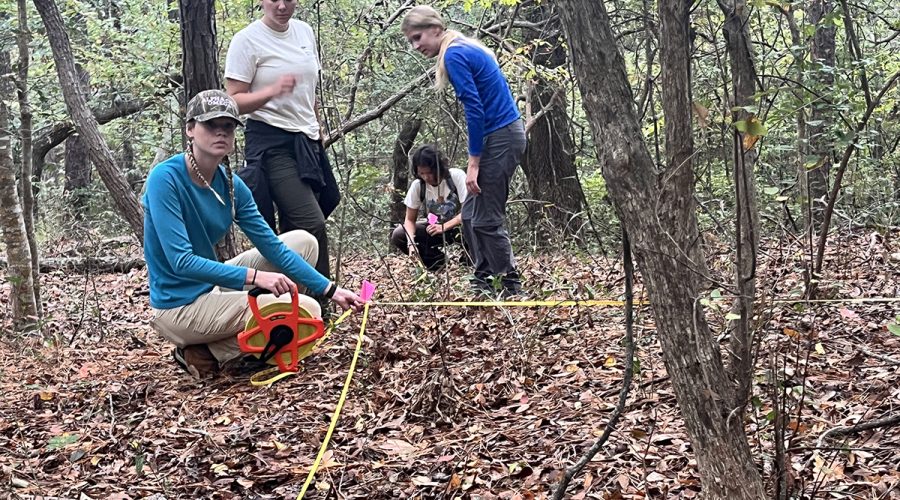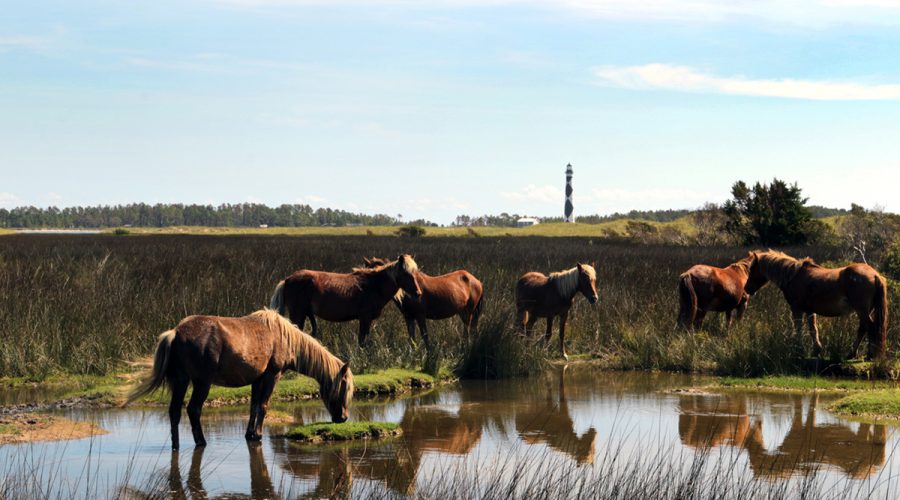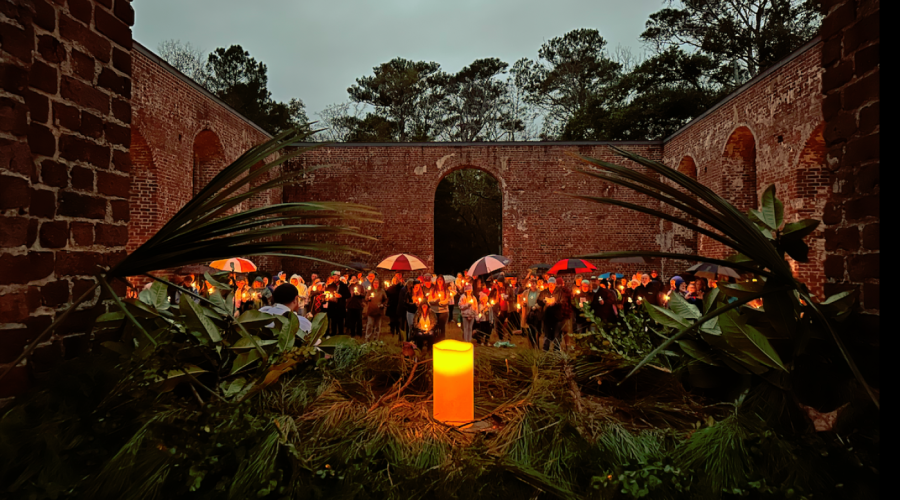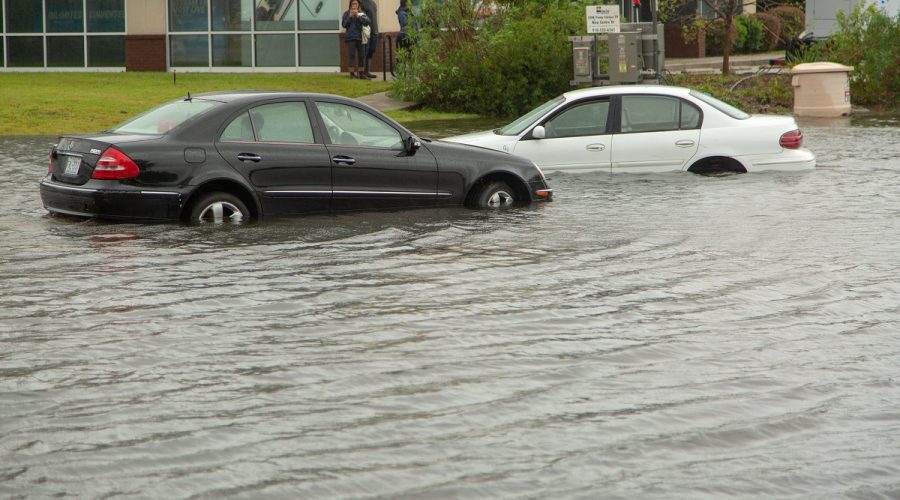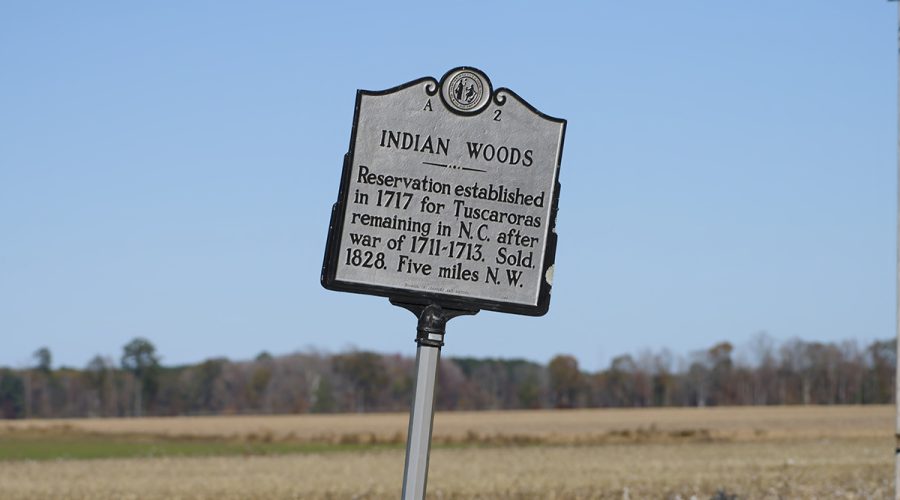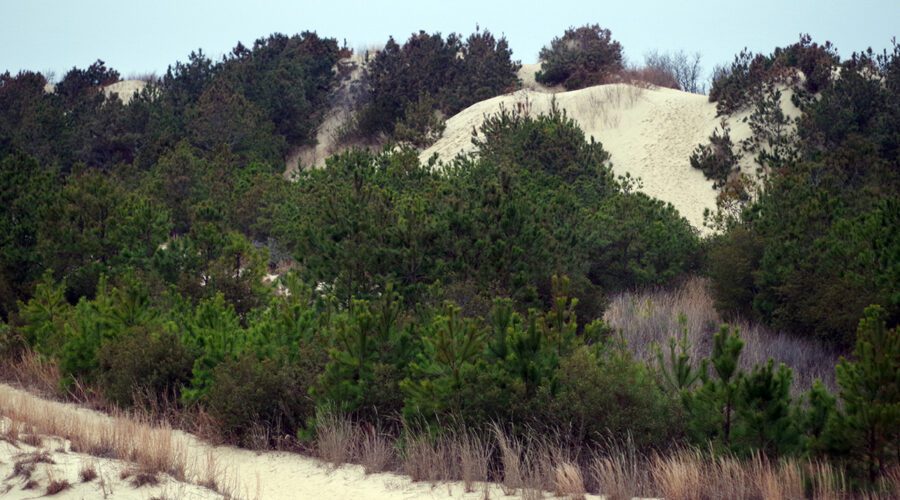Park staff, volunteers and historians will provide a variety of programs focused on celebrating Christmas in the 18th century.
Archives
New webinar series to offer coastal landscaping expertise
The series, “Landscapes that Last,” is for coastal residents, local governments, homeowners associations and nurseries “to build shared knowledge and healthier coastal communities.”
Partnership to test living shorelines on two Cape Fear islands
An effort to protect threatened wading bird colonies and their imperiled habitat on Battery and Shellbed islands, Audubon, Sandbar Oyster Co. and the North Carolina Coastal Federation have teamed up to design and install two pilot projects and test their effectiveness.
Native tree giveaway in Wilmington to be largest yet
In its largest giveaway to date, Cape Fear Alliance for Trees will have more than 1,400 native trees available for the taking beginning Friday afternoon.
Secretaries’ Science Advisory Board to meet Wednesday
The state Secretaries’ Science Advisory Board, which assists and makes recommendations to the N.C. departments of Environmental Quality and Health and Human Services regarding contaminants, is scheduled to meet in Raleigh on Wednesday morning.
Recreational, commercial harvest reporting now in effect
The North Carolina General Assembly established the new rules through a 2023 law and charged the Division of Marine Fisheries with enforcing the requirements that went into effect Monday.
Holiday lights are aglow ahead of annual Waterfowl Weekend
The Core Sound Waterfowl Museum and Heritage Center is celebrating the holidays and heritage with its annual Waterfowl Weekend set for Friday through Sunday at the museum on Harkers Island.
Student researchers to present Nags Head Woods findings
The lecture, “Patterns of protection: Natural and Social Values of the Nags Head Woods Maritime Forest,” is set for Dec. 11 at the Coastal Studies Institute in Wanchese.
Opinion: For whose benefit are barrier island horses?
Guest commentary: Invasive species pose a serious challenge for ecosystems that have not evolved alongside them, and such is the case with North Carolina’s crystal skipper and the nonnative horses allowed to roam the barrier islands that are the butterfly’s only habitat.
DOT sets hearing about Independence Boulevard extension
N.C. Department of Transportation officials will take comments and answer questions at an open house before a public hearing scheduled for Monday on the proposed Independence Boulevard extension project in Wilmington.
State sites offer holiday programs with a little history, education
The Department of Natural and Cultural Resources has a full schedule of holiday events taking place across the state, several of which in eastern North Carolina.
UNCW center awarded grant for flood planning, resilience
The Endowment, established from New Hanover County’s sell of New Hanover Regional Medical Center to Novant Health in 2020, has awarded a $500,000 grant to UNCW’s Center for Marine Science to help enhance flood safety and resilience efforts in the county.
Tuscarora War, hazel eyes: Researcher traces tribe’s lineage
There were numerous factors at play that sparked the Tuscarora War in 1711, historian and descendent Dr. Arwin Smallwood explains the tensions among the tribe that inhabited much of eastern North Carolina and the influx of colonists.
Carnivore blooms
A Venus flytrap shows off its perhaps little-appreciated blooms, which are often overlooked, as compared with the other, better-known, insect-trapping attributes of this carnivorous plant that’s native only to a roughly 90-mile stretch of the North Carolina coast between Wilmington and Morehead City. Photo: Mark Hibbs
Fisheries to host public hearing on Carteret shellfish leases
The N.C. Division of Marine Fisheries is holding a public hearing Monday on two proposed shellfish leases in Carteret County waters.
CRC votes on language, again, to protect Jockey’s Ridge
The Coastal Resources Commission during its regular meeting last week voted on proposed language that changes the “Description” of Jockey’s Ridge to the “Designation” in an attempt to satisfy the most recent Rules Review Commission’s objection.


